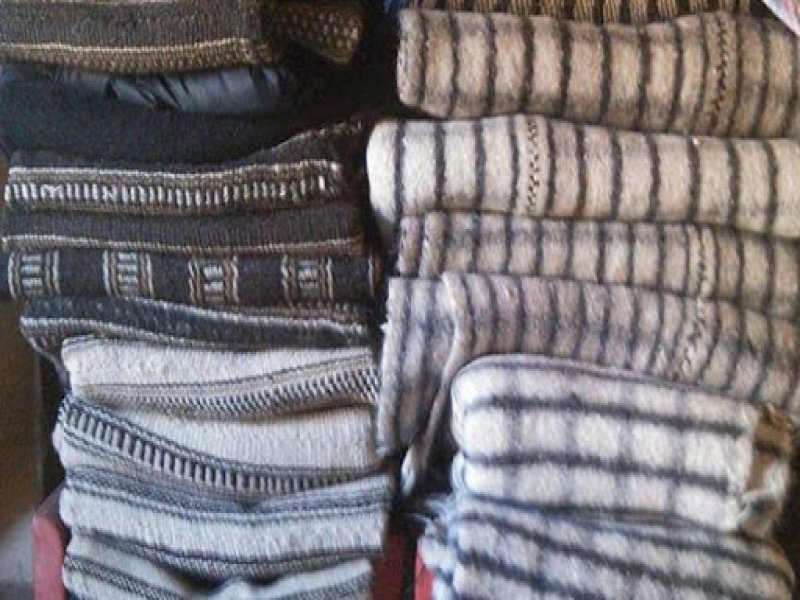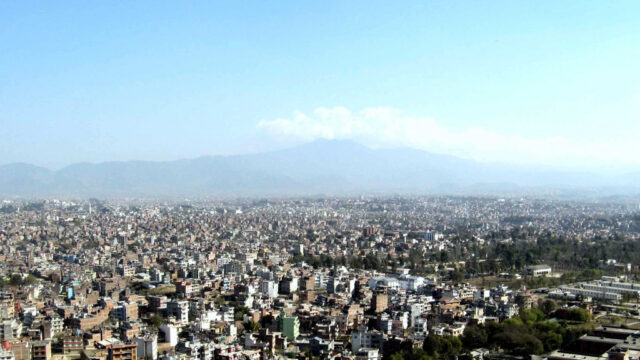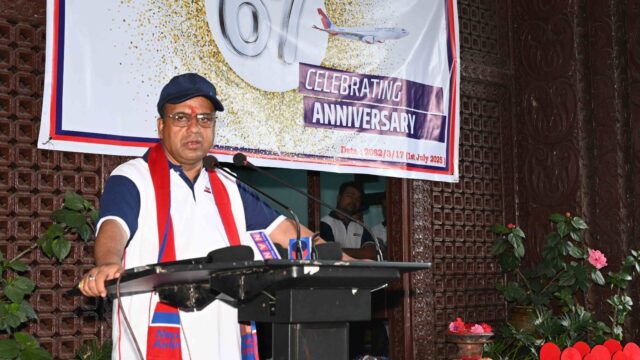Amidst declining sheep and goat wool production in Kalikot due to adverse conditions, residents are increasingly abandoning the traditional practice of spinning yarn. Raju Karki, a resident of Tilagufa Municipality-5, expressed deep concern over diminishing incomes, noting that as earnings from sheep farming decrease, so does the profitability of yarn spinning. He emphasized the significant time investment required for wool production, which becomes financially unviable when incomes are low.
Dayaram Sahakari from Narharinath Municipality-5 highlighted the economic challenges of yarn spinning, citing that the process, which takes between two to seven hours, yields narrow profit margins. “Whether it’s wool, liu, or feruwa, the profit ranges from Rs. 1,000 to Rs. 4,500,” he stated. While vibrant yarn fetches around Rs. 1,500 per kg, local yarn can command up to Rs. 4,500 per kg.
Ram Bahadur Shahi of Nani Kot Municipality-7 echoed concerns about the declining viability of sheep farming and yarn spinning, emphasizing a noticeable downturn in both sectors despite their past profitability. Devjung Shahi, chairman of Pachaljharana Municipality, underscored the importance of sheep farming for clothing and meat production but raised alarms about the industry’s financial sustainability without adequate farmer incentives.





